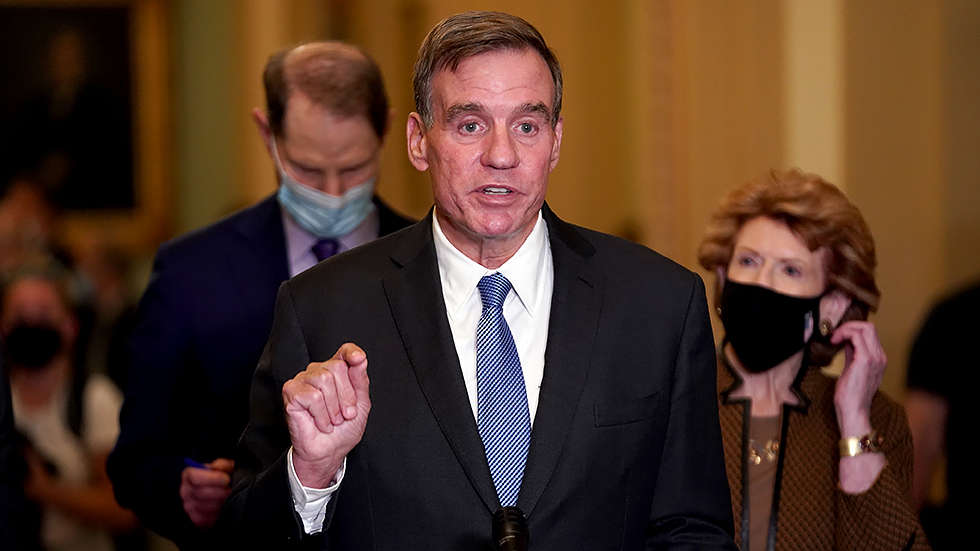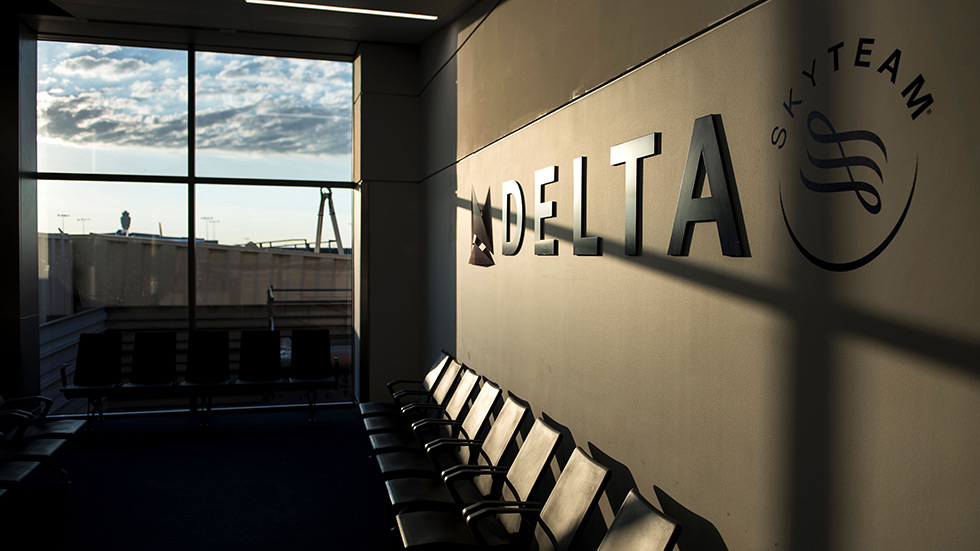Hillicon Valley — Russia restricts Facebook access

Today is Friday. Welcome to Hillicon Valley, detailing all you need to know about tech and cyber news from Capitol Hill to Silicon Valley. Subscribe here: digital-stage.thehill.com/newsletter-signup.
Follow The Hill’s tech team, Chris Mills Rodrigo (@millsrodrigo) and Rebecca Klar (@rebeccaklar_), for more coverage.
Russia is planning to partially restrict access to Facebook, a move the social media platform said came after it refused to abide by Russian orders to stop fact checking state-owned media outlets amid the invasion into Ukraine.
Other tech companies are facing pressure from Capitol Hill to ramp up efforts to curb Russian information operations, too.
Let’s jump into the news.
Moscow to restrict access to Facebook

Russia will partially restrict access to Facebook starting Friday, according to state-owned media.
RIA Novosti, the state-owned news agency, reported that Russian officials decided to recognize Facebook as “involved in the violation of fundamental human rights and freedoms” and accused the platform of having “censored” the Russian media outlet.
The report did not detail exactly how the partial restriction of Facebook will be carried out.
If Facebook does not “eliminate the violations,” Russian officials said access may become “completely” limited, according to the state-news agency report.
Facebook said the restriction was in response to the social media platform refusing to abide by Russian orders to stop fact checking state-owned media outlets.
Warner presses tech companies on Ukraine

Sen. Mark Warner (D-Va.) asked major social media platforms to ramp up efforts to curb Russian information operations after the country launched its invasion of Ukraine.
Warner sent letters Friday to Meta, Reddit, Telegram, TikTok, Twitter and Alphabet calling for increased protocols to prevent the spread of “harmful misinformation and disinformation campaigns, and a wide range of scams and frauds that opportunistically exploit confusion, desperation, and grief.”
He asked the companies to establish ways for Ukrainian public safety entities to disseminate emergency communications to users in Ukraine, as well as add additional account monitoring and security resources to the Ukrainian government and humanitarian and public safety institutions to prevent account takeovers.
He also urged the platforms to boost their integrity teams to monitor for “malign influence activity related to the conflict,” devote additional resources toward identifying inauthentic accounts, and establish dedicated reporting channels for experts to share credible information about disinformation.
In his letter to Alphabet, the parent company of Google and YouTube, Warner specifically called for the company to desist from monetization of content and channels “publicly attributed to have associations with Russian influence activity.”
UKRAINE’S CALL ON TWITTER
The official Twitter account for Ukraine sent out a call Thursday for the official Twitter account of Russia to be removed from the platform.
“hey people, let’s demand @Twitter to remove @Russia from here,” tweeted the official Ukrainian account.
“no place for an aggressor like Russia on Western social media platforms,” the tweet added. “they should not be allowed to use these platforms to promote their image while brutally killing the Ukrainian people @TwitterSupport.”
Ukraine’s public call for Russia’s removal from Twitter came after a wave of tweets regarding the Kremlin’s invasion of Ukraine early Thursday.
A MUSK INVESTIGATION
Tesla CEO Elon Musk and his brother, Kimbal Musk, are being investigated by the Securities and Exchange Commission (SEC) over potential insider trading violations, The Wall Street Journal reported, citing people familiar with the matter.
The SEC began its investigation into the Musk brothers last year after Kimbal Musk sold 88,500 Tesla shares valued at $108 million a day before Elon Musk asked in a Twitter poll if he should unload 10 percent of his stake in the company and vowed to abide by the voting results, according to the Journal.
Musk framed the potential sale of his stock as a means to pay any taxes he would owe if lawmakers imposed new taxes on unrealized capital gains.
Following Musk’s poll, in which 58 percent of respondents voted that he should sell, Tesla shares dropped precipitously, according to the Journal.
The newspaper reported that Kimbal Musk’s trading could violate rules prohibiting employees and board members from trading on material nonpublic information. When employees and directors of public companies are aware of undisclosed material information, they generally cannot buy or sell shares.
BITS AND PIECES
An op-ed to chew on: Local Canadian convoy support builds on years of disinformation
Lighter click: D.C. residents can dream
Notable links from around the web:
Scammy Instagram ‘war pages’ are capitalizing on Ukraine conflict (Input / Taylor Lorenz)
Crypto Community Rushes to Ukraine’s Defense Armed With NFTs, DAOs (Motherboard / Maxwell Strachan)
On Google Maps, tracking the invasion of Ukraine (The Washington Post / Rachel Lerman)
One last thing: Delta suspends partnership with Russian airline Aeroflot

Delta Air Lines suspended its partnership with Russian airline Aeroflot on Friday following Russia’s violent invasion of Ukraine.
The U.S. airline is ending its so-called codeshare agreement with Aeroflot that allows travelers to book seats on each other’s flights. Delta does not fly to Russia or Ukraine, but through the partnership customers could book tickets to and from Moscow through Delta’s website.
“We have removed our code from Aeroflot-operated services beyond Moscow’s Sheremetyevo Airport and removed Aeroflot’s code from Delta-operated services from Los Angeles and New York-JFK,” Delta said in a statement. “Accommodations will be made for customers affected by these changes.”
That’s it for today, thanks for reading. Check out The Hill’s technology and cybersecurity pages for the latest news and coverage. We’ll see you Monday.
Copyright 2023 Nexstar Media Inc. All rights reserved. This material may not be published, broadcast, rewritten, or redistributed. Regular the hill posts







